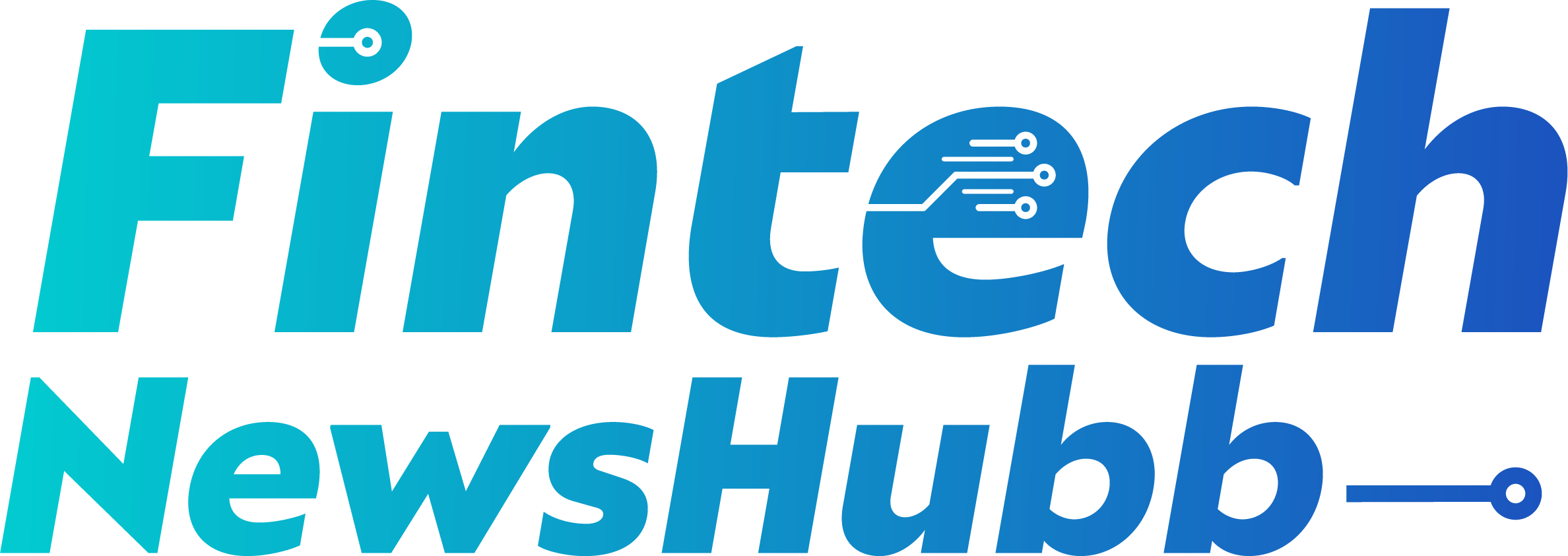In the ever-evolving landscape of healthcare, financial technology (FinTech) is playing a pivotal role in transforming how payments and insurance models operate. The integration of FinTech solutions is not just enhancing efficiency but also making healthcare more accessible and affordable for patients worldwide.
The Emergence of FinTech in Healthcare
The healthcare industry has traditionally been slow to adopt new technologies, but the rise of FinTech is changing that. With the increasing demand for affordable and accessible healthcare, FinTech solutions are stepping in to address the gaps. Startups and established companies are leveraging financial technology to streamline billing, patient financing, and insurance claims, making the entire process more seamless and user-friendly.
Simplifying Healthcare Payments
One of the most significant contributions of FinTech to healthcare is the simplification of payment processes. Traditional methods of paying for healthcare services often involve multiple steps and can be confusing for patients. FinTech platforms are introducing integrated payment systems that allow patients to pay directly through healthcare apps, reducing the need for multiple transactions and ensuring a smoother experience.
For example, a patient can receive a bill through a healthcare app and complete the payment within the same platform, using secure payment methods like digital wallets or card payments. This saves time and reduces the administrative burden on healthcare providers.
Enhancing Insurance Models
FinTech is also revolutionizing insurance models by introducing personalized and flexible insurance solutions. Traditional insurance plans often come with rigid structures and high premiums, making it difficult for many patients to afford coverage. FinTech platforms are leveraging data analytics and machine learning to offer tailored insurance plans that cater to individual needs and budgets.
These platforms provide options like health loans and flexible payment plans, allowing patients to manage their healthcare expenses more effectively. By breaking down financial barriers, FinTech is ensuring that more people have access to necessary treatments and services.
The Role of Blockchain Technology
Blockchain technology is another area where FinTech is making a significant impact on healthcare. By providing a decentralized and secure record of transactions, blockchain ensures the confidentiality and integrity of patients’ financial and health records. This innovation is crucial in an era where data breaches are a significant concern.
Blockchain technology also simplifies complex billing processes and reduces instances of fraud, fostering a new level of interoperability among diverse healthcare systems. This not only enhances security but also improves the overall efficiency of healthcare transactions.
The Future of FinTech in Healthcare
As FinTech continues to evolve, its role in healthcare is only expected to grow. The integration of advanced digital payment systems, personalized insurance solutions, and blockchain technology is paving the way for a more efficient and accessible healthcare system. By addressing the financial challenges in healthcare, FinTech is helping to create a more equitable and patient-centric model.
In conclusion, FinTech’s role in revolutionizing healthcare payments and insurance models is undeniable. By simplifying payment processes, enhancing insurance models, and leveraging blockchain technology, FinTech is making healthcare more accessible and affordable for patients. As we move forward, it will be exciting to see how these innovations continue to transform the healthcare industry.


